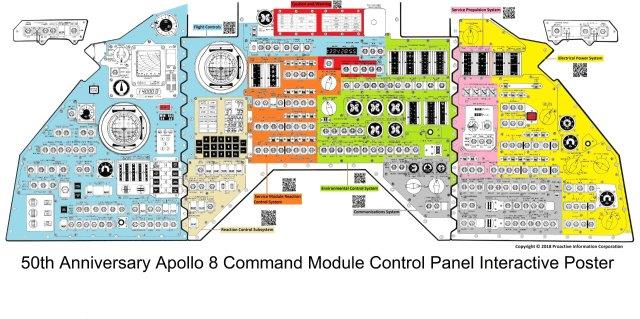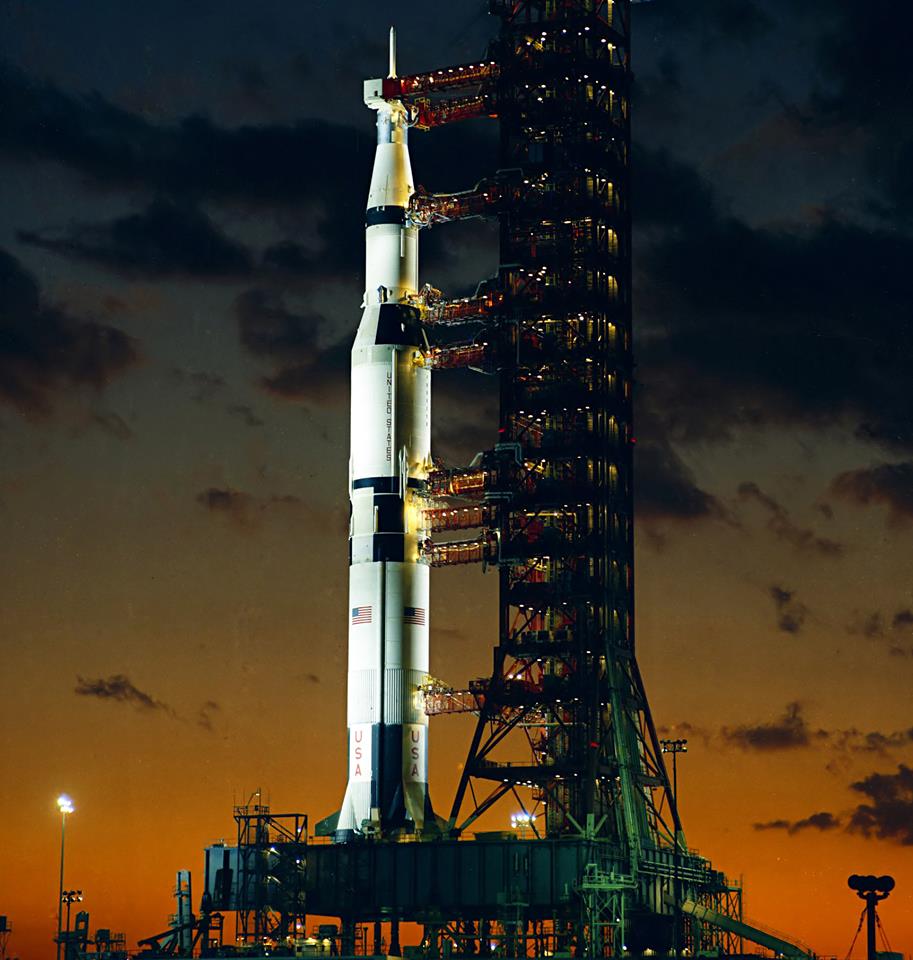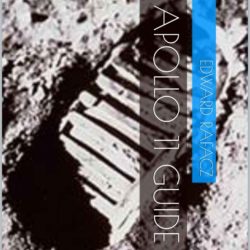Apollo 13’s Lunar Module Pilot Fred Haise, a go-to source of mine, made an unusual statement on the Space Hipsters Facebook Live Event. He explained that he looked at Boeing’s Starliner telemetry data and said if there was a human on board, they could have monitored and made corrections to save the mission and dock with the International Space Station.
I did some more research and found this from Darrell Etherington from Tech Crunch. “Bridenstine, (the Head of NASA,) also speculated that were NASA astronauts actually on board, they would “absolutely” have “been safe,” and that they probably could’ve assisted and overcome the automation error encountered via manual control to save the mission.”
I would argue the ground crew was unable to correct the orbit because there is too much data and too few humans to comprehend it all. We have no problem capturing data, we have a problem finding what is important within all this captured data. This is what I have spent the last 20 years working on and what you can use to find any piece of information on Spacecraft in one click, with the help of go-to sorces.
20 years ago I helped Airlines convert from paper to electronic information by writing a plan with steps to keep it up to data. One thing I did not count on is the amount of data that would be produced because of the ease of creating more information. I then pivoted from converting data to finding data. Years of testing with Airline Pilots helped me create documents with huge amounts of functionality.
With information literally doubling every year, I have used go-to sources as a way to find what Pilots need in one click and still be able to include new data. Because of this ability, I have turned e-books into hyper-efficient manuals based on images like the one below.

The testing with pilots was unbelievable, 9 times faster than current Aviation Information Systems. But what was really astonishing was when I tested it on space enthusiasts on the Apollo 11 Program. The same type of go-to sources model with the same format showed an unbelievable amount of use on the web site.
A web based prototype of the Apollo 11 Control Panels I created received a high number of hits and positive feedback on Facebook Apollo11Guide. Even on Twitter, @ShuttleGuide, not only did lots of likes, I received a like from Michael Collins. Frank Borman was asked if he liked the interactive poster I created and he told the EAA, “If I didn’t like it, I wouldn’t have Signed it!”

So if there is one take away you can learn from this article, it’s that search engines have so much data that doubles every year, that they cannot find what you need in a timely manner. If you want to get the correct information the first time every time, you need a one click strategy with go-to sources like the e-books below.

